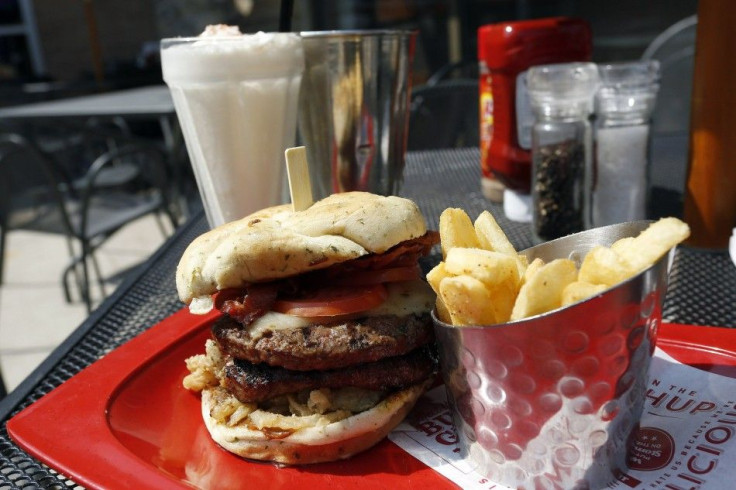Stressed Women Burn Fewer Comfort Food Calories

When you are stressed and heading to a pack of fries or chocolates then that makes you a stress eater. While stress eating can make you put on weight, a new research states that being stressed changes that way food is metabolised and the body tends to store more calories as fat.
A study conducted by the new Ohio State University Wexner Medical Center, revealed the link and the mechanisms behind the relationship between weight gain and stress. For the research, 58 women whose metabolism rates are on an average were recorded and then they were given a meal containing 930 calories and 60 grams of fat. The meal contained eggs, turkey sausage, biscuits and gravy. This is the same amount of calories that would be present in a fast food meal.
After the meal the researchers monitored their metabolism, they found that those who had a stressful day before the experiment was conducted burned 104 lesser calories than those who were less stressed. The stress did not make the woman lethargic or trigger any other factors such as less sleep, less movement or increased appetite that would cause weight gain. But the researchers stated that it caused some changes in the body that slows down metabolism.
Janice Kiecolt-Glaser, Ph.D., a lead author of the study noted that the main cause was the "stress hormone" cortisol. An increase in stress levels also increases the hormone, cortisol in the blood stream, this in turn increases insulin. An increase in insulin slows down metabolism and makes the body to store fat.
It was also seen that those women who had a history of depression and stress, not only had a tendency to put on more weight but also had higher levels of triglycerides, a known risk for heart disease.
The research concluded that if stress eaters go on seeking for comfort foods, they would put on an average of 11 pounds per year. This will again cause stress. It is best to stop before it is too late or you may just get caught in the vicious circle.
The study is published in the journal of Biological Psychiatry.




















